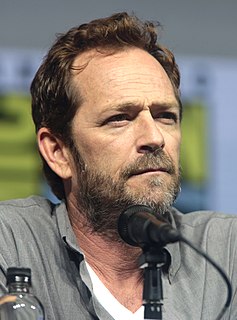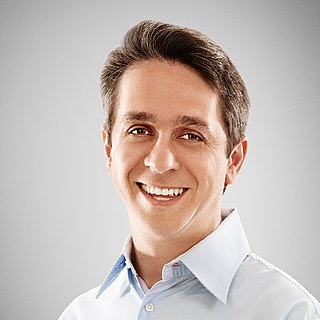A Quote by Peter Diamandis
Many entrepreneurs that made their fortunes by founding successful technology companies want to give back and solve the world's biggest problems on a grand scale. There is tremendous opportunity in this approach.
Related Quotes
When people come to you with problems or challenges, don't automatically solve them. As a mama bear, you want to take care of your cubs, so you tend to be protective and insulate them against all those things. But if you keep solving problems for your people, they don't learn how to actually solve problems for themselves, and it doesn't scale. Make sure that when people come in with challenges and problems, the first thing you're doing is actually putting it back to them and saying: "What do you think we should do about it? How do you think we should approach this?".
The technologies that will be most successful will resonate with human behaviour instead of working against it. In fact, to solve the problems of delivering and assimilating new technology into the workplace, we must look to the way humans act and react. In the last 20 years, US industry has invested more than $1 trillion in technology, but has realised little improvement in the efficiency of its knowledge workers and virtually none in their effectiveness. If we could solve the problems of the assimilation of new technology, the potential would be enormous.
Why doesn't Apple stop for a year and make medical devices? When people talk about technology, that's where I start to get a little hot under the collar because I know that it's the key to solving some of the world's biggest problems. Having a faster, thinner telephone is not one of the world's biggest problems.
In America, we've had people that are political hacks making the biggest deals in the world, bigger than companies. You take these big companies, these trade deals are far bigger than these companies, and yet we don't use our great leaders, many of whom back me and many of whom back Hillary Clinton, I must say. But we don't use those people.
I started off with a company, InfoSpace, with my own funding. The company was listed among the most successful companies and I went on to start Intelius and Moon Express. Now, I focus my time on using the skills of an entrepreneur to solve many of the grand challenges facing us in the areas of education, healthcare, clean water and energy.


































